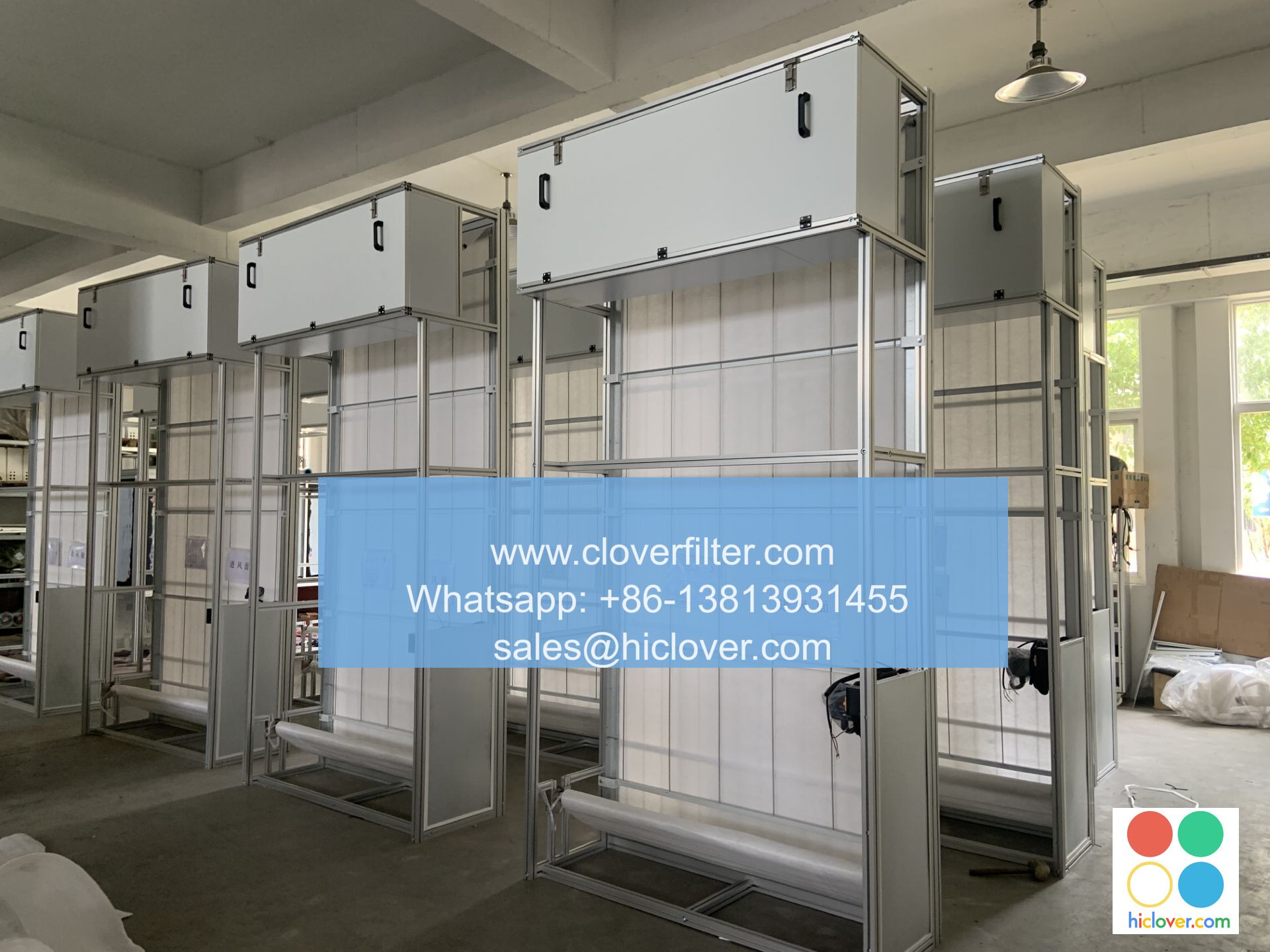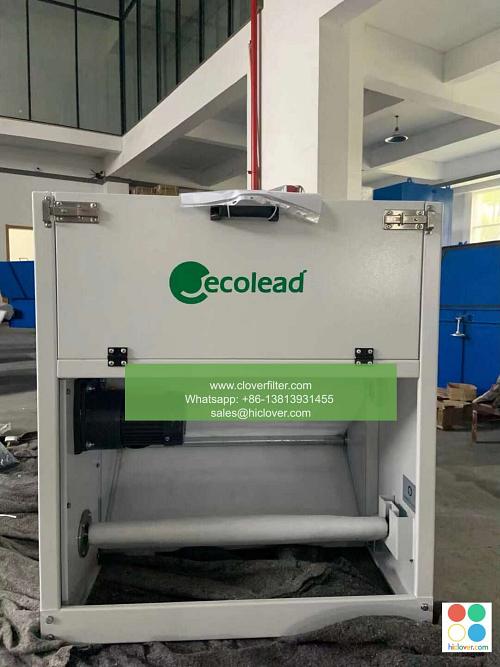Air Filter Regulations and Regular Cleaning: A Proactive Approach

Air filter regulations are becoming increasingly important as concerns about indoor air quality and environmental sustainability continue to grow. In this article, we will discuss the importance of regular cleaning and maintenance of air filters, highlighting various application areas and key considerations for building owners, facilities managers, and heating, ventilation, and air conditioning (HVAC) professionals.
Introduction to Air Filter Regulations
Air filter regulations vary by country and region, but most emphasize the need for regular inspection, maintenance, and replacement of air filters to ensure optimal indoor air quality (IAQ) and minimize energy consumption. In the United States, for example, the Environmental Protection Agency (EPA) provides guidelines for air filter maintenance and replacement, while the American Society of Heating, Refrigerating, and Air-Conditioning Engineers (ASHRAE) sets standards for air filtration systems and ventilation rates.
Benefits of Regular Air Filter Cleaning
Regular cleaning and maintenance of air filters offer several benefits, including:
- Improved indoor air quality (IAQ) by reducing particulate matter, dust, and other airborne contaminants
- Increased energy efficiency and cost savings by reducing the load on heating, ventilation, and air conditioning (HVAC) systems
- Extended lifespan of air filters and air handling units (AHUs)
- Reduced risk of indoor air pollution and associated health problems
- Commercial buildings, such as offices, shopping centers, and restaurants
- Industrial facilities, such as manufacturing plants and warehouses
- Healthcare facilities, such as hospitals, clinics, and nursing homes
- Residential buildings, including single-family homes and multi-unit dwellings
- Inspect air filters regularly and replace them as needed
- Clean air filters according to the manufacturer’s instructions
- Use high-efficiency particulate air (HEPA) filters or other high-performance filters
- Install air filtration systems with automated filter monitoring and alert systems
Application Areas for Air Filter Regulations
Air filter regulations apply to various industries and settings, including:
Best Practices for Air Filter Maintenance
To ensure compliance with air filter regulations and maintain optimal indoor air quality (IAQ), follow these best practices:
Conclusion
In conclusion, air filter regulations are essential for maintaining good indoor air quality (IAQ) and minimizing energy consumption. By understanding the benefits of regular air filter cleaning and maintenance, and applying best practices in various industries and settings, we can create healthier, more sustainable, and more efficient buildings. Remember to always follow local regulations and guidelines, and consult with HVAC professionals or air filtration experts to ensure compliance and optimal performance of your air filtration systems. It looks like you’re ready to start a conversation, but I don’t see a specific prompt. What’s on your mind? Want to talk about something in particular or just see where the conversation goes?

